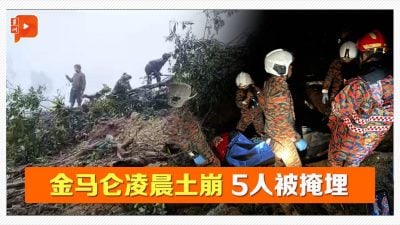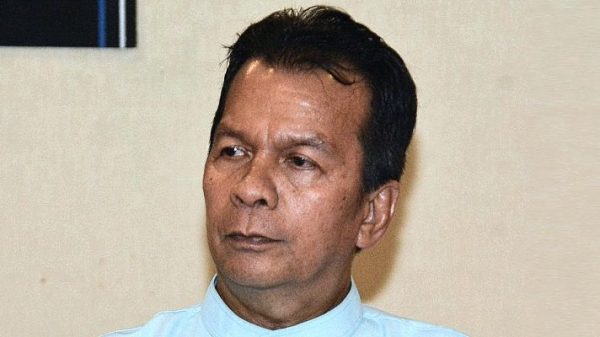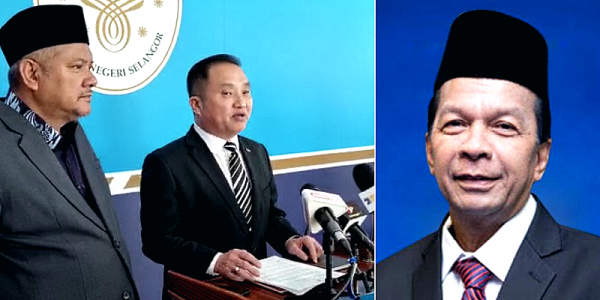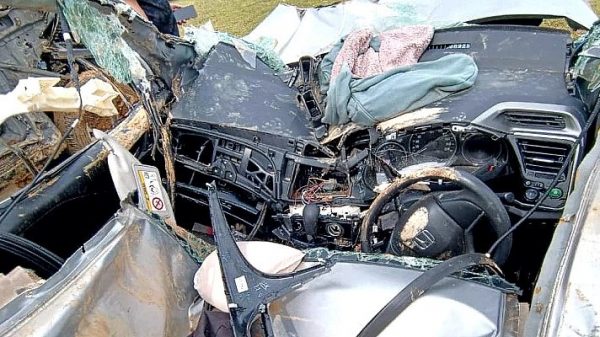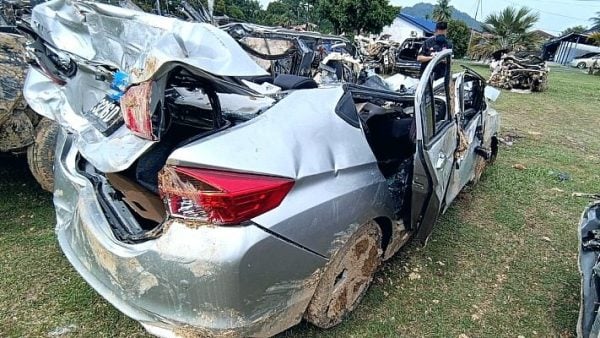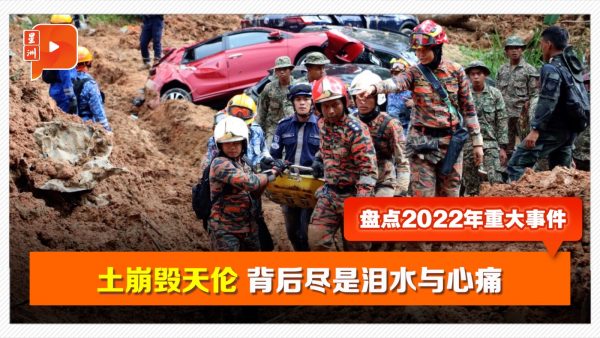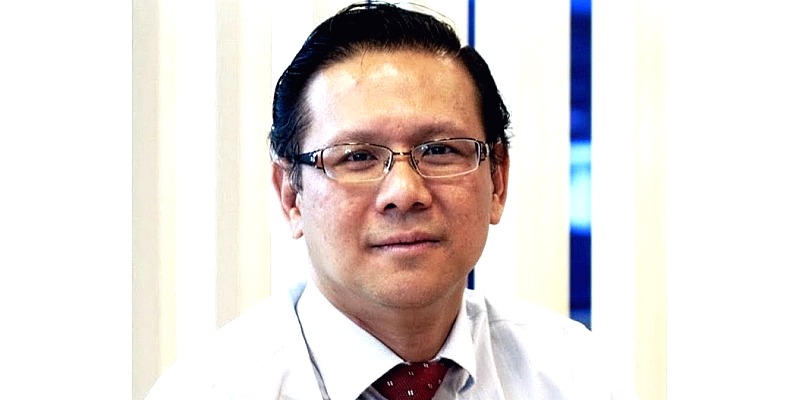
The Batang Kali campsite tragedy has shocked the nation beyond comprehension.
The loss of lives including a family of four, mother embracing her child buried under the deep mud and at this point in time there are still many campers missing – it was simply heartbreaking and heart wrenching to hear and see this tragic news unfolding in front of us.
My deepest sympathy and condolences to the family members who are affected by this.
Perhaps you may also know those unfortunate victims directly or indirectly as it could feel so personal and close to many of us.
We may feel hopeless and helpless too, and in our effort to do something, the question we need to be mindful of: is it appropriate?
Would that going to alleviate the pain and suffering of those involved (e.g. the survivors, affected family members) or in our zealousness to do something, are we adding salt to the wounds?
Hence, there are Do’s and Don’t for us to consider if we wish to do something to alleviate the sufferings of those affected as well as those we need to avoid doing to add unnecessary suffering to the survivors and family members of the victims.
During and after a disaster, people who are involved or affected directly and indirectly may have reactions of confusion, fear, hopelessness, anxiety, grief, shock, guilt, shame, denial, anger and loss of confidence in themselves and others.
Making early contact appropriately can help alleviate their painful emotions and promote hope and healing.
The key here is “what is appropriate?”
What is appropriate?
1. Encourage comfort and calm: pray for the victims, you can organize candlelight vigil, pay floral or any form of token of tribute and respect, or simply just offer kind words to those deceased.
2. Encourage connectedness: if you know them personally, listen to them who wish to share their stories and emotions and remember that there’s no right or wrong way to feel. Just be there for them even in those intense moments with strong emotions. Help them to contact friends and their loved ones. Be gentle, friendly and compassionate.
3. Encourage self-efficacy: engage and encourage them to express their needs and you can start by asking, for example, “It is OK if you need some personal space and time for yourself, just let me know.” “I am here if you are ready to talk.” “What do you need now?”
4. Encourage concrete help: find out the types and locations of government (e.g. Jabatan Kebajikan Masyarakat, Jabatan Pendaftaran Negara, KWSP, SOCSO) and non-government services (e.g. hospital and medical care, insurance companies, will services) and guide them to those services that are available.
What to avoid
1. Force people to share their stories with you, especially those very personal details. Stop asking “Why” e.g. “Why did you go there during the rainy season?” “why must you bring your young children along?” “Why didn’t you check the operator’s license?” “Why” could be perceived as being judgmental and fault-finding. STOP asking why.
2. Give simple reassurances like “everything will be OK” or “at least you survived” as this will only trigger more guilt and shame to the survivors! For those affected, everything is not OK!
3. Tell people what you think they should be thinking, feeling or how they should have acted earlier, e.g. “You shouldn’t go camping at this time.” “This is avoidable if you… ” “You should have…” Stop offering unsolicited advice.
4. Tell people why you think they have suffered by alluding to personal behaviors or beliefs of victims, e.g. “Your camping hobby is dangerous.” “Nature is cruel.” Expressing your values and belief at this juncture in time may be uncalled for.
5. Criticizing existing services or relief activities in front of the people in need of those services. You would not have any idea how difficult and complicated it is to conduct the search and rescue operations in those disaster areas. Remember, talk is cheap.
In short, before you speak or post on social media, ask yourself: Is it kind? Is it helpful? Is it necessary?
If the answer is no, then maybe what you are about to say should be left unsaid!
Finally, let us as a nation stand together to offer our compassionate support to those affected.
As a nation, we too feel the grief and pain. We all lost dedicated teachers and students, mothers and fathers, brothers and sisters, sons and daughters among us.
(Adapted from “Psychological First Aid”, Center for the Study of Traumatic Stress, and “Nebraska Disaster Behavioral Health Psychological First Aid Curriculum.” Written by Ko Teik Yen, a father, author, clinical hypnotherapist & psychotherapist, teacher and enthusiast runner. At The Mind Faculty,he practices as Clinical Hypnotherapist and teaches Mindfulness for Stress, Anxiety and Well Being as well as for patients with chronic depression and anxiety. He is the Founding Director and Clinical Hypnotherapist at LCCH Pantai Therapy Center and has helped over a thousand clients and patients with anxiety, depression, unresolved grief, post-traumatic stress disorders, anger issues in his decade of practice. He is a fully accredited Mindfulness Teacher with UK Breathworks.)
ADVERTISEMENT
ADVERTISEMENT






